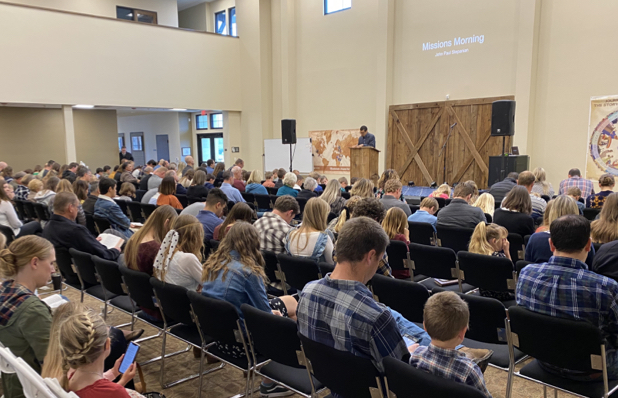Nov 30
2010
Preached Scripture (Part 1)
In our little series on 2 Timothy 3:10-17, we’ve seen Scripture’s saving power, its final authority, and its complete sufficiency. Second Timothy 4:1 does not change Paul’s focus on the Word. Instead, he builds on everything he’s already said to demand a very practical application from Timothy. His pointed charge still has deep ramifications for us today. Because the Word saves, is authoritative and is sufficient, the Word should be preached.





